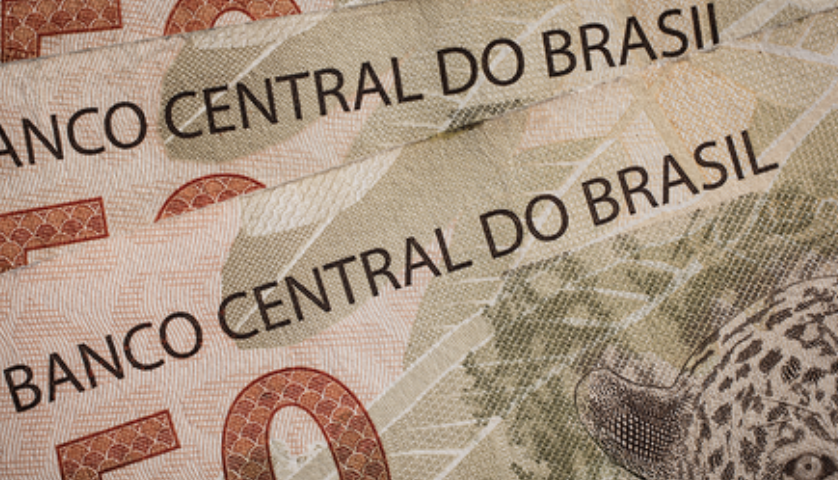$BKBR3 $WIMI $BTC
#Brazil #Gambling #Economy #SportsBetting #OnlineBetting #FinancialImpact #SouthAmerica #OnlineGambling #GovernmentPolicy #DigitalEconomy #Regulation #BrazilMarket
Brazil’s gambling industry has experienced a rapid surge, particularly in the realm of online sports betting. This growing phenomenon has raised numerous concerns within economic and political circles about its potential to harm the broader economy. Once a largely regulated and underwhelming sector, gambling in Brazil has exploded in recent years, evolving alongside advancements in technology and shifts in consumer behavior. In a developing country like Brazil, the gambling sector’s expansion presents both opportunities and risks, particularly as younger demographics are increasingly drawn to the allure of online sports betting platforms that advertise convenience and colossal winnings. The combination of an underserved economy, accelerating mobile penetration, and increasing access to digital payment methods has fueled enormous growth, with revenues from gambling platforms expected to skyrocket. However, critics argue that this explosive growth could lead to unintended economic consequences, particularly targeting Brazil’s most vulnerable citizens and potentially destabilizing households financially.
The biggest issue is the unregulated nature of Brazil’s online betting sector. Without firm government oversight or taxation policies, Brazil risks not creating a framework that can contain gambling addiction or guard against money laundering effectively. This also means that while companies are making significant profits, the domestic economy is not benefiting from tax revenues that could support public services or mitigate potential social harm. Stock analysts monitoring the sector have pointed out that Brazil’s lucrative sports betting market, currently one of the hottest in the region, has caught the attention of many foreign firms, banking on the regulatory vacuum to gain market share rapidly. The likes of Playtech, Codere, and even cryptocurrency-oriented betting sites are heavily involved. Cryptocurrencies like $BTC are increasingly being used as a payment method, fuelling the anonymous transactions linked to the unregulated Brazilian market. Nonetheless, without proper controls, this presents long-term financial stability risks, particularly as crypto markets are already known for their volatility.
Financial experts have noted that Brazil could reap significant fiscal rewards if it imposes proper regulations on the exploding betting sector, with tax revenue potential in the billions. This could go a long way toward funding social programs, investing in infrastructure, or stabilizing public debt. At the same time, if left unchecked, gambling addiction rates could balloon, resulting in increased liabilities in healthcare and social welfare services. Already, economic analysts have noted distress signals, with retail spending showing early signs of a dip as households devote more discretionary income towards betting, which has a low guaranteed return. This comes at a critical time when Brazil’s economy is still struggling to emerge from the pandemic-induced recession, which has widened income inequality and slowed GDP growth. The harm could be widespread, potentially hitting consumer companies like $BKBR3, which relies on strong local demand for household goods.
From an economic policy perspective, the Brazilian government has a fine balancing act to address. If rulers choose to continue turning a blind eye to the explosive growth of sports betting, Brazil could risk financial instability due to overconsumption of gambling products from its citizens. Conversely, moderate regulation could provide much-needed stable tax revenues while also shielding families from potential financial ruin. Lawmakers are in the process of discussing gambling regulation, which is now being demanded across multiple sectors, including from banks and payment firms wary of being linked to money laundering concerns. For investors, the signs are clear: while Brazil’s online gambling market offers attractive opportunities with high short-term returns, the long-term sustainability of the industry—and its ripple effect on the broader economy—remains in question without significant policy intervention.







Comments are closed.